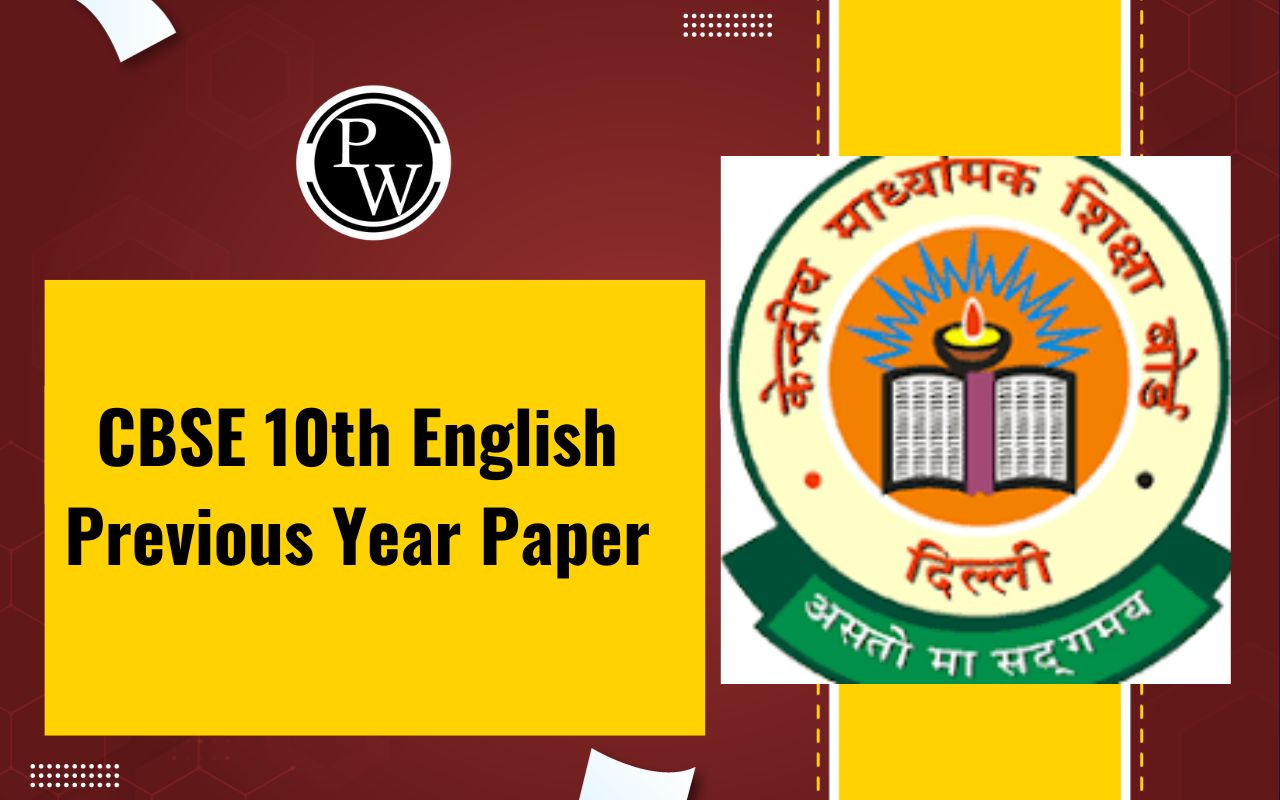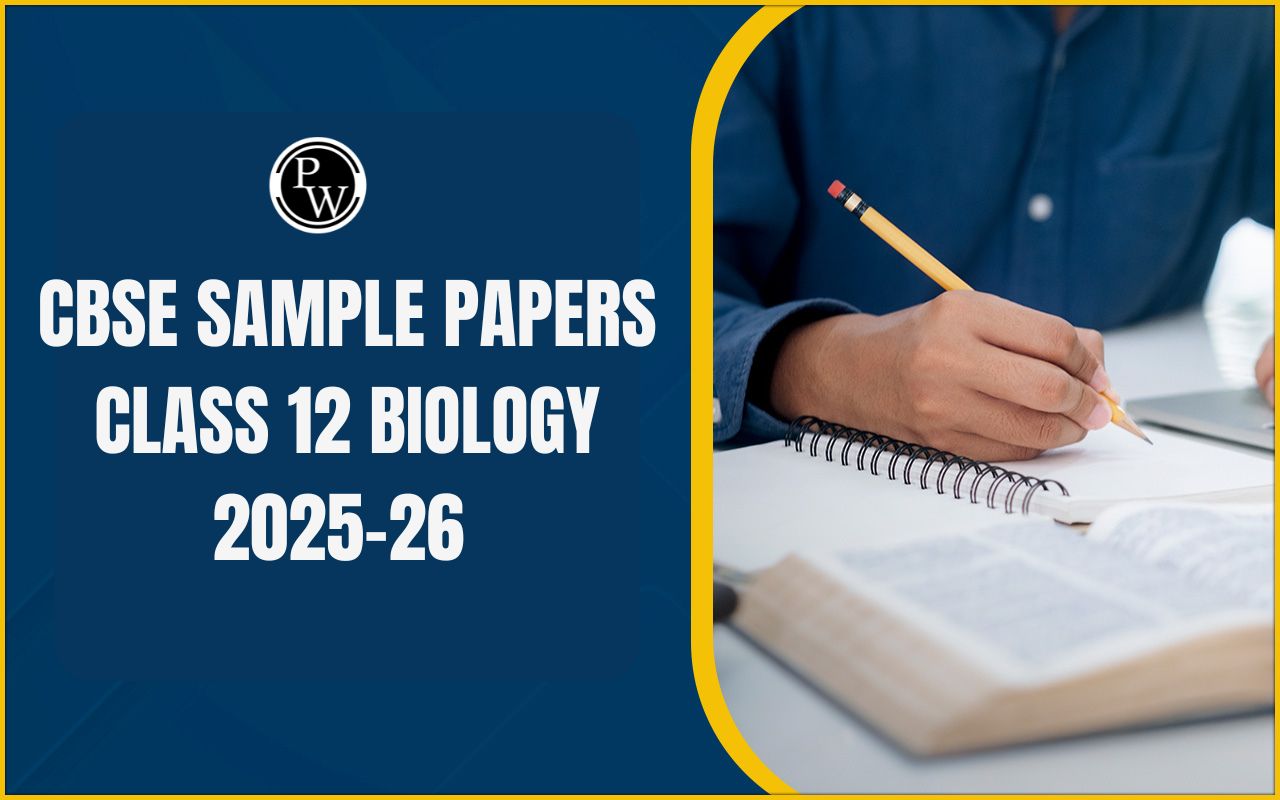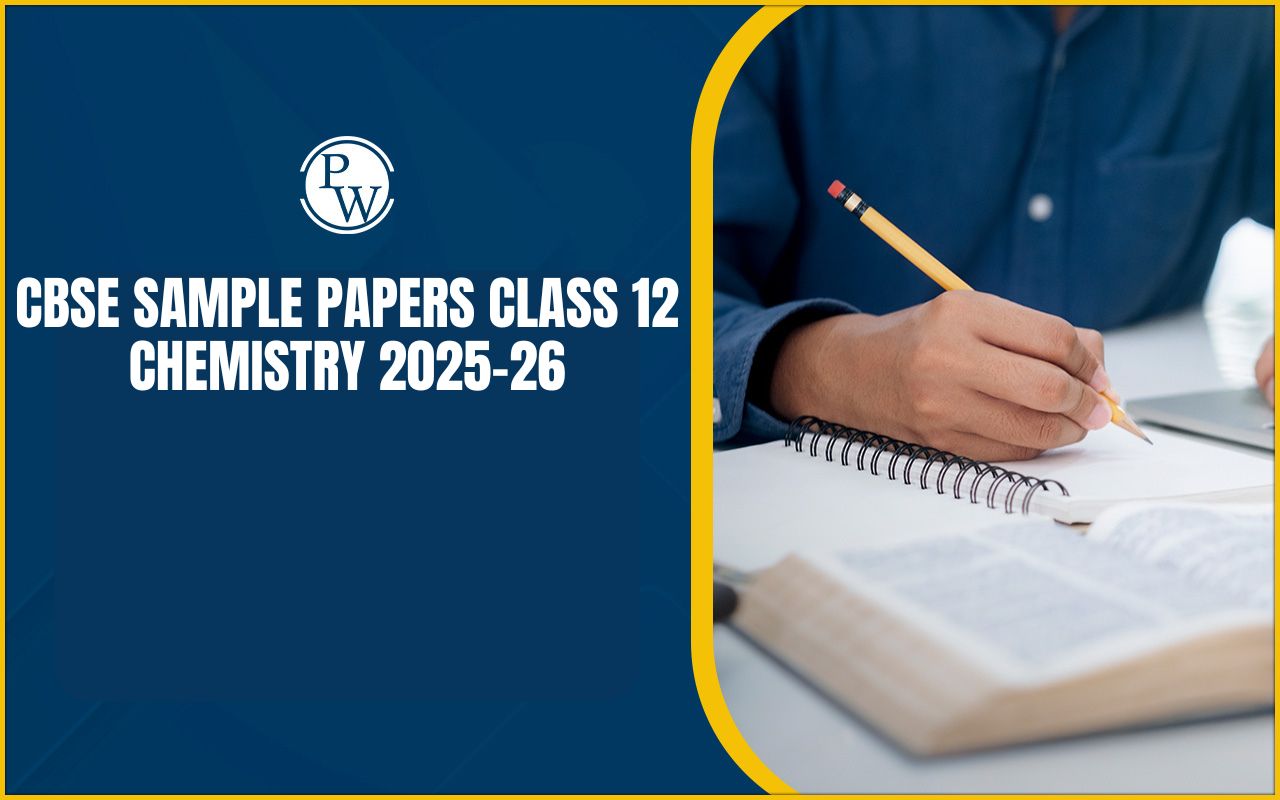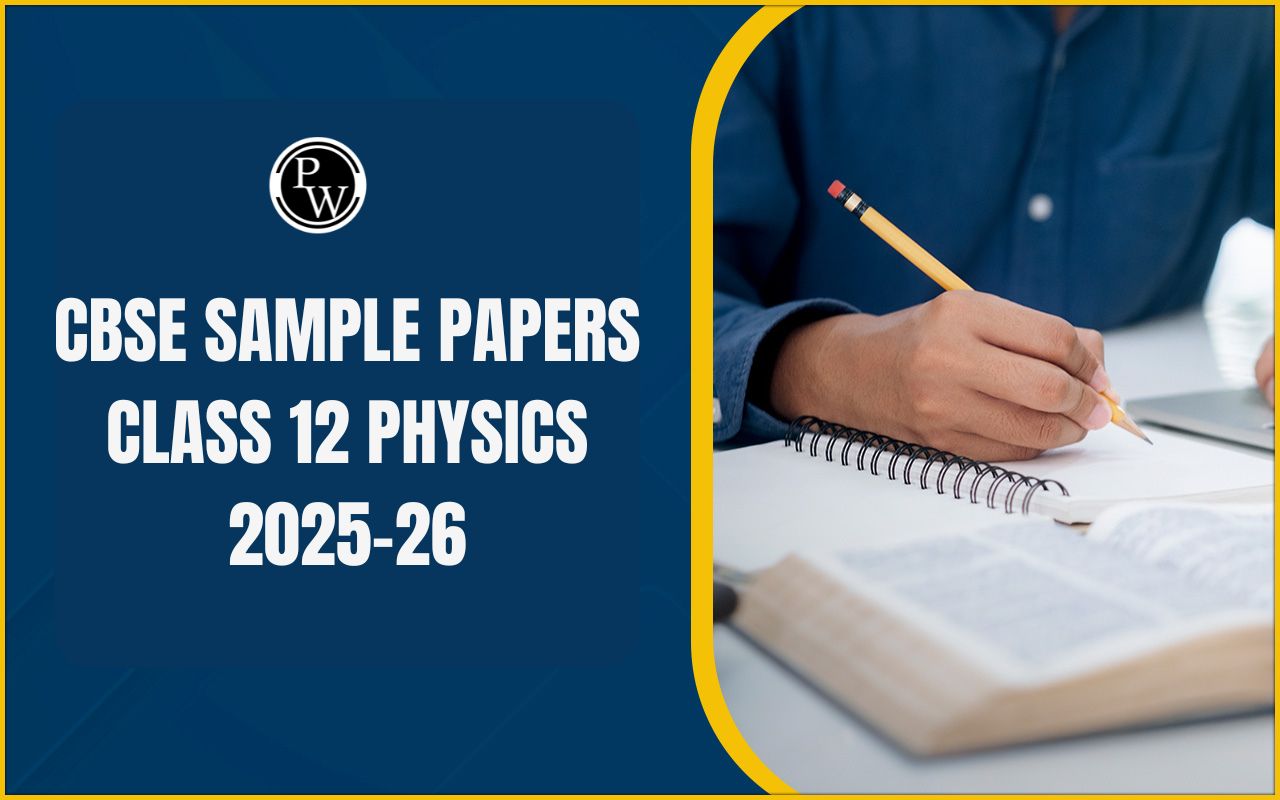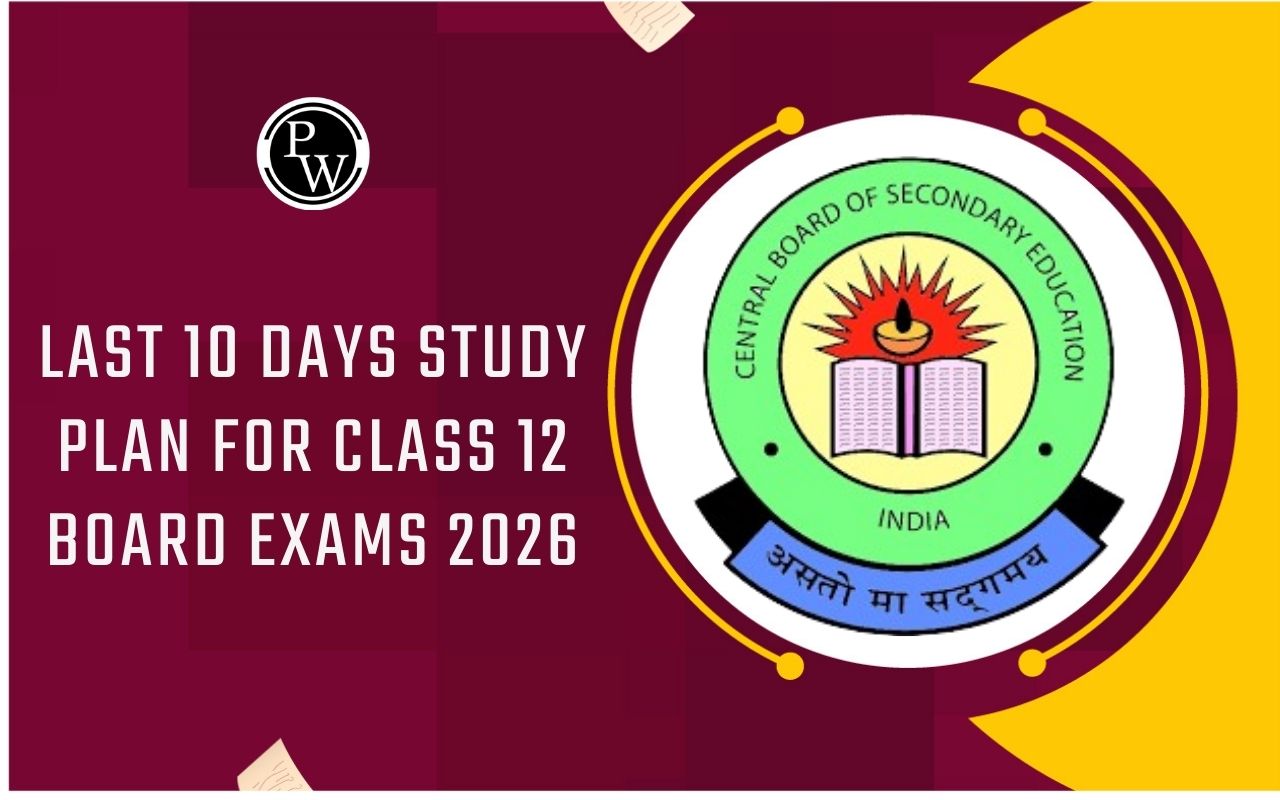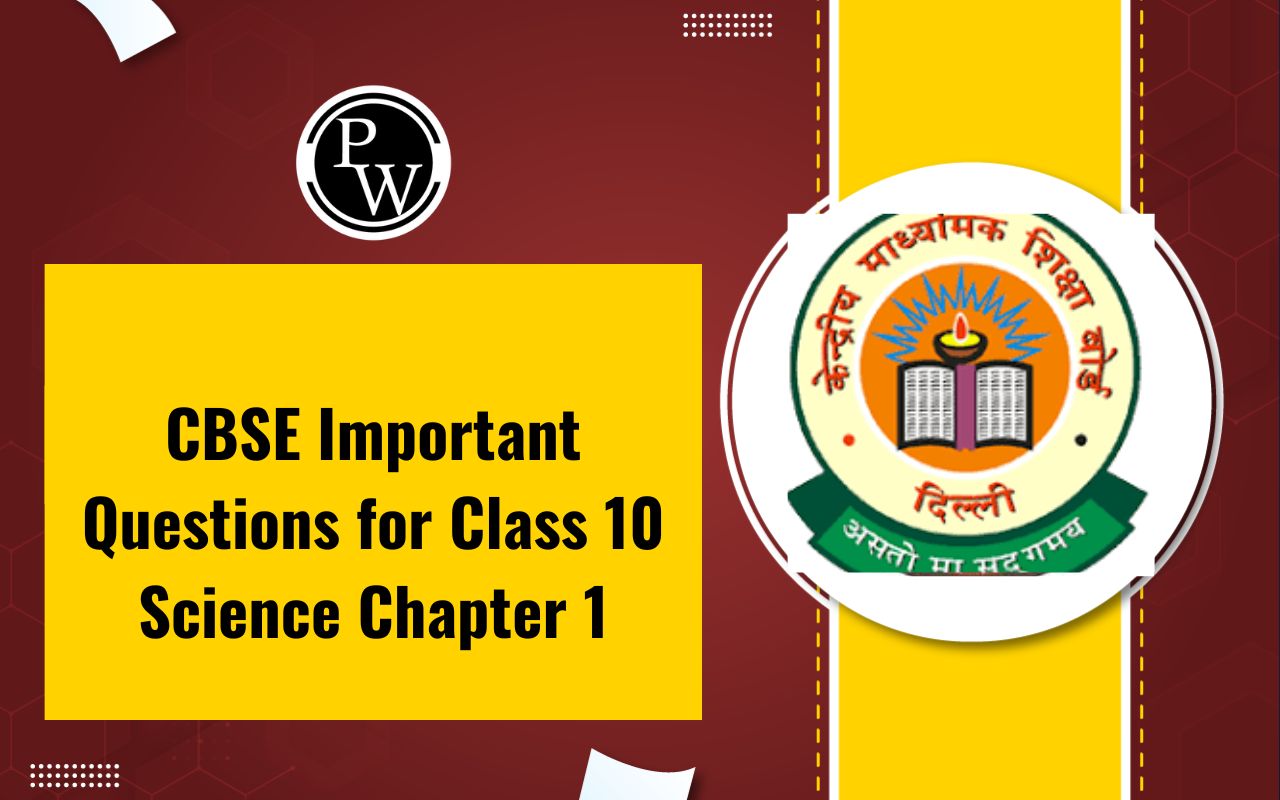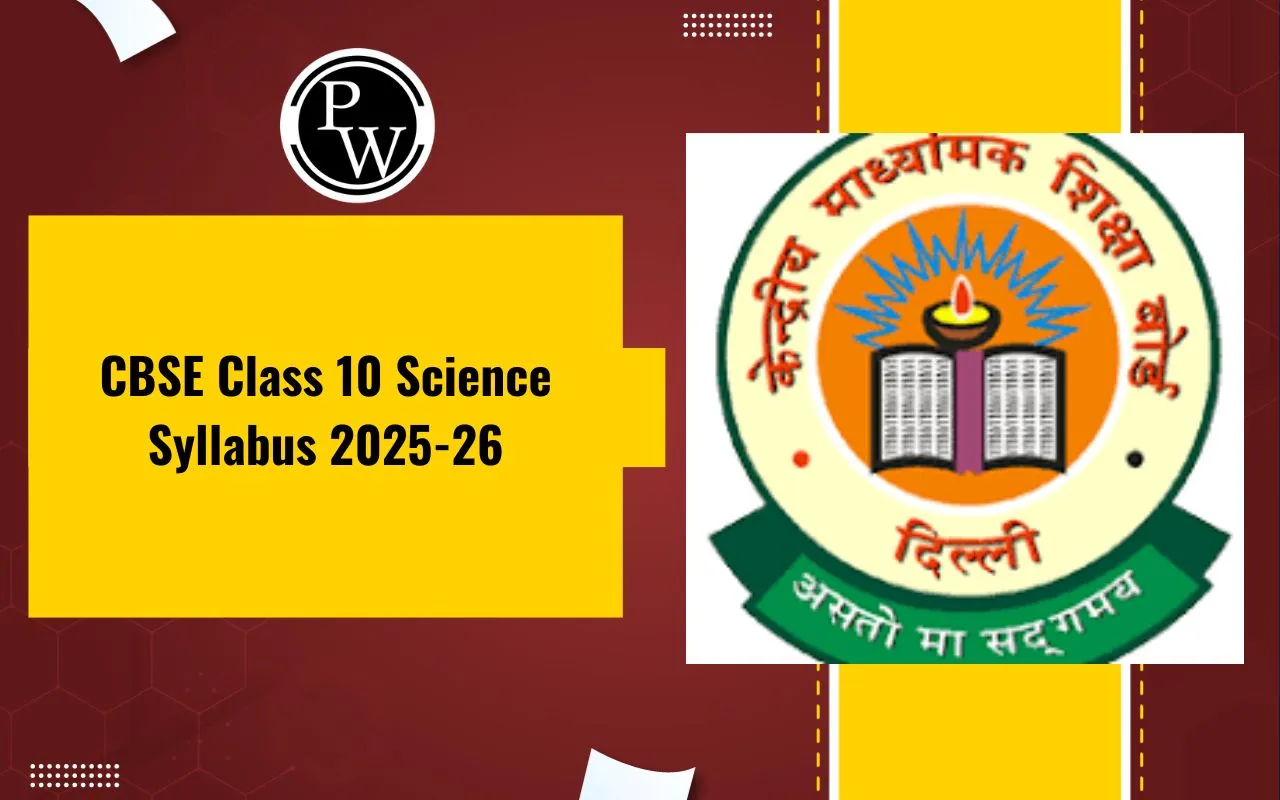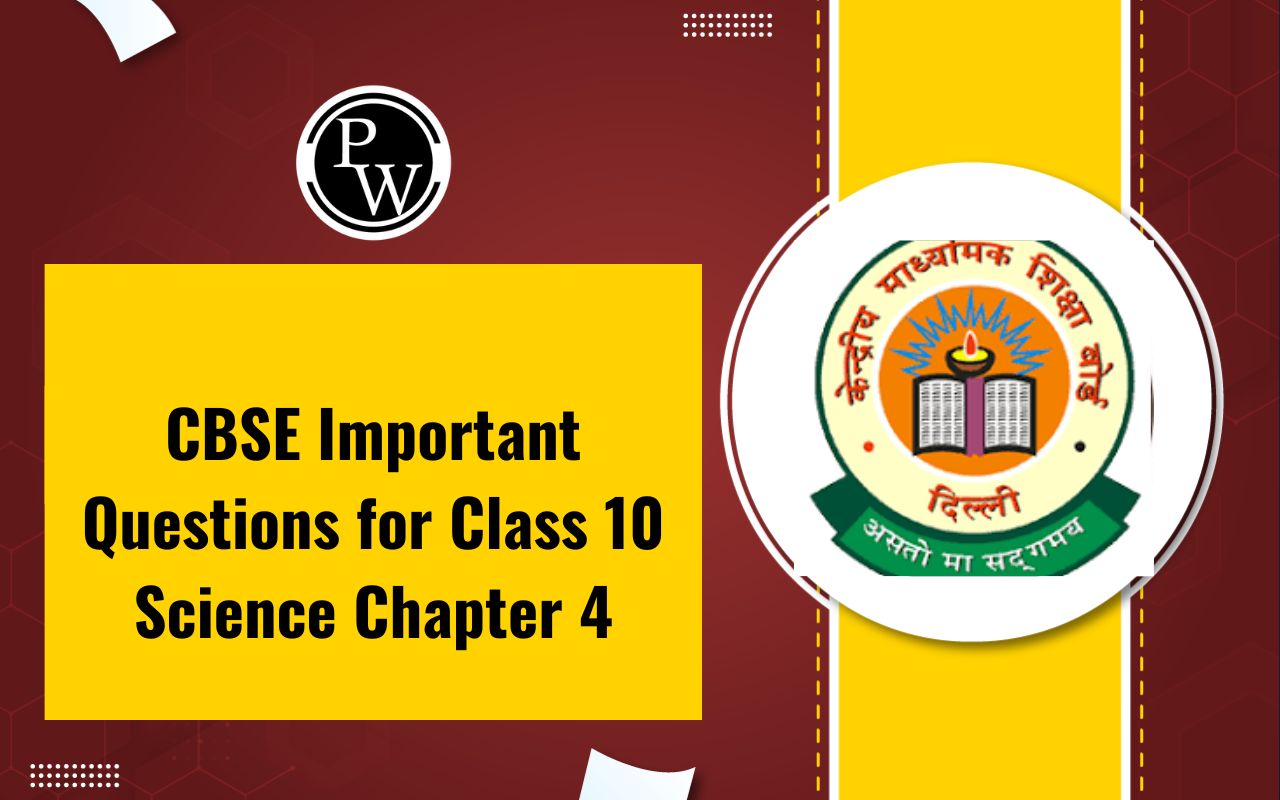
Future Tense: The future tense is a grammatical tense that helps us talk about things that haven't happened yet. Whether it's actions, events, or how someone will feel, the future tense lets us describe what will occur in the future. In this guide, we'll explore what the future tense is, its types (like Simple Future and Future Continuous), how to structure it, and some examples to make it all clear.
What is Future Tense?
Future tense is a way of talking about things that haven't happened yet. It's a way to describe actions, events, or states that will happen in the future. For example:
"I will eat lunch at 12:00." (The action of eating lunch will happen in the future.)
"She is going to visit her grandparents next week." (The event of visiting grandparents will happen in the future.)
"They will be happy to see you." (The state of being happy will happen in the future.)
Future Tense Definition
Future tense is the way we talk about things that are going to happen. It helps us describe actions or events that haven't occurred yet. For example, saying "I will go to the store" or "They are going to visit next month" involves using the future tense to talk about actions or events in the future.
Types of Future Tense
The future tense has four types, each showing how future actions behave in different situations:
Simple Future Tense: Indicates actions that will happen in the future.
For example: Aman will meet me at the gym.
Future Continuous Tense: Indicates actions taking place in the future.
For example: Aman will be meeting me at the gym.
Future Perfect Tense: Represents actions starting in the present and happening in the future.
For example: Aman will have met me at the gym.
Future Perfect Continuous Tense: Depicts actions ongoing in the present and completing in the future.
For example: Aman will have been meeting me at the gym.
Structure of the Future Tense
To understand how the future tense is formed, check the structure below:
Simple Future Tense
Subject + Auxiliary verb (will) + Base form of the main verb + the rest of the sentence
Future Continuous Tense
Subject + Helping Verb (will) + Be + Main verb + ing + the rest of the sentence
Future Perfect Tense
Subject + Helping Verb (will) + Have + Past participle form of the main verb + the rest of the sentence along with the time frame
Future Perfect Continuous Tense
Subject + Helping verb (will) + Have + been + Main verb + ing + the rest of the sentence
Future Tense Rule
the future tense is used to talk about things that will happen in the future. To form the future tense, you generally use the modal verb "will" followed by the base form of the main verb. For example:
Go (present): I go to the beach. Will go (future): Tomorrow, I will go to the beach.
You can also use contractions to make it less formal:
I will (formal): I will visit you. I'll (informal): I'll visit you.
Additionally, you can use the present continuous tense to talk about future plans and arrangements:
Visit (present): I am visiting my friend. Will be visiting (future): I will be visiting my friend next week.
Future Tense Dynamics
The future tense in English offers a dynamic way to discuss upcoming events. Whether making positive statements, expressing negations, asking questions, or combining negativity with inquiries, this tense structure provides flexibility.
| Positive | Negative | Interrogative | Negative Interrogative |
| Subject + Will + Base form of the verb | Subject + Will not/Won’t + Base form of the verb | Will + Subject + Base form of the verb | Won’t + Subject + Base form of the verb |
| For example: Amit will walk to college tomorrow. | For example: Amit will not/won’t walk to college tomorrow. | For example: Will Amit walk to college tomorrow? | For example: Won’t Amit walk to college tomorrow? |
Future Tense Examples
Below are some examples of Future Tense.
- Will she have finished reading the book by tomorrow?
- Will the concert tickets go on sale soon?
- The sun will set at 7:30 PM.
- Will you join us for dinner tonight?
- The train will depart at 3 PM.
- Will they participate in the competition next month?
- Will you be attending the conference next week?
- The technology will advance rapidly in the coming years.
- Will he be delivering the keynote speech at the conference?
| Related Links | |
| Relative Pronouns | Possessive Pronouns |
| Reflexive Pronouns | Demonstrative Pronouns |
Future Tense FAQs
What is the future tense?
How does the future tense work?
What are the types of future tense?
How does the future tense provide flexibility in language?


